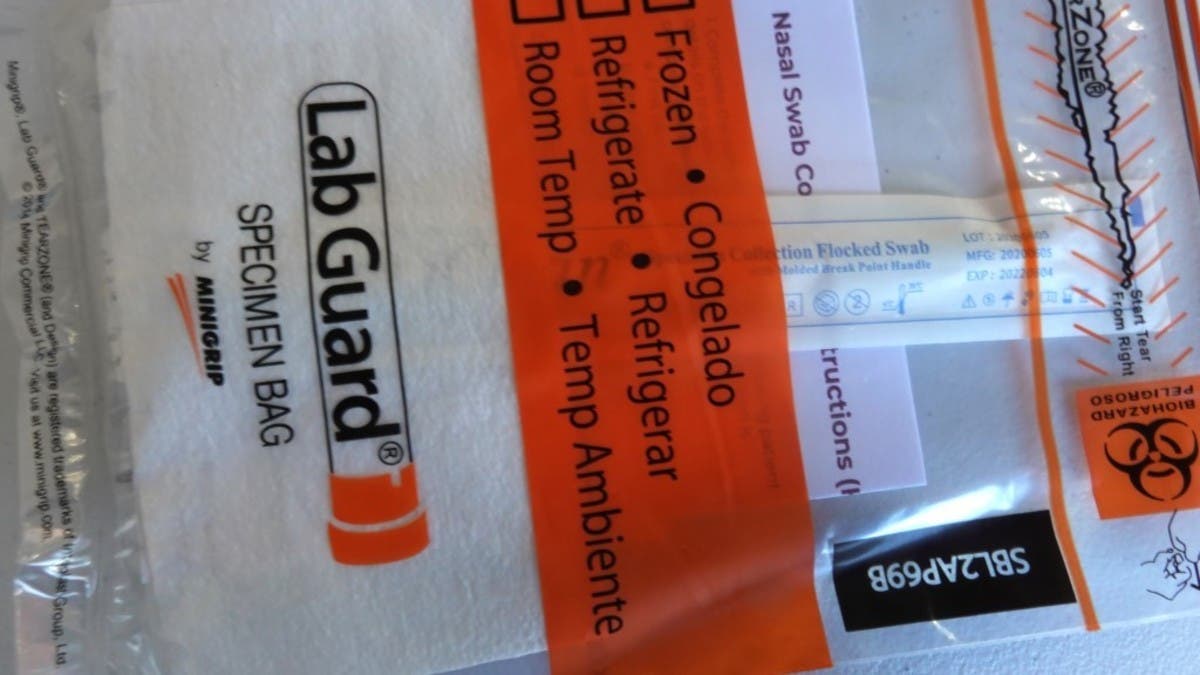Do at-home COVID-19 tests detect the omicron variant?
Yes, but US health officials say early data suggests they may be less sensitive at picking it up.
Government recommendations for using at-home tests haven't changed. People should continue to use them when a quick result is important.
“The bottom line is the tests still detect COVID-19 whether it is delta or alpha or omicron,” says Dr. Emily Volk, president of the College of American Pathologists.
For more coronavirus news, visit our dedicated page.
Government scientists have been checking to make sure the rapid tests still work as each new variant comes along. And this week, the Food and Drug Administration said preliminary research indicates they detect omicron, but may have reduced sensitivity. The agency noted it's still studying how the tests perform with the variant, which was first detected in late November.
Dr. Anthony Fauci, the top US infectious disease expert, said the FDA wanted to be “totally transparent” by noting the sensitivity might come down a bit, but that the tests remain important.
There are many good uses for at-home tests, Volk says. Combined with vaccination, they can make you more comfortable about gathering with family and friends.
If you've been exposed to a person who tested positive but you don't have symptoms, a rapid test five days later can give a good indication of whether you caught the virus. It can also help if you're not sure whether your runny nose or sore throat is COVID-19.
But consider the context when looking at results. If you feel sick after going out to a nightclub in an area with high infection rates, for example, you should look at a negative result from an at-home test with a little more skepticism, Volk says.
Following up with a PCR test is a good idea, she says. Those tests are more accurate and are done at testing sites and hospitals.
For the latest headlines, follow our Google News channel online or via the app.
Read more:
COVID-19 with omicron isn’t ‘same disease,’ Oxford scientist says
Omicron multiplies 70 times faster than delta in human airways: Study
Omicron hospitalization risk is far below delta’s in two studies

 World2 years ago
World2 years ago
 World2 years ago
World2 years ago
 Entertainment7 years ago
Entertainment7 years ago
 World7 years ago
World7 years ago
 Entertainment7 years ago
Entertainment7 years ago






